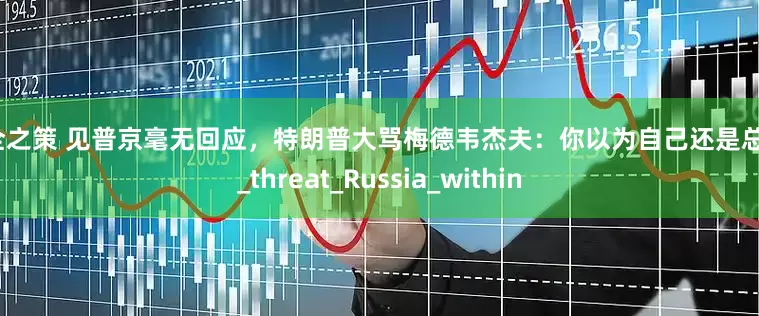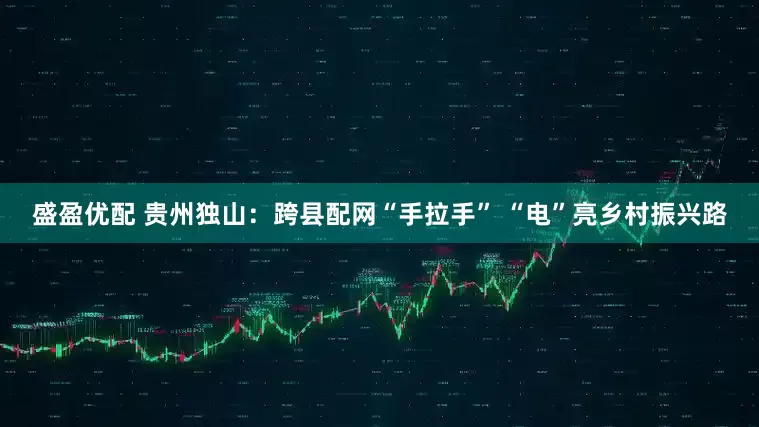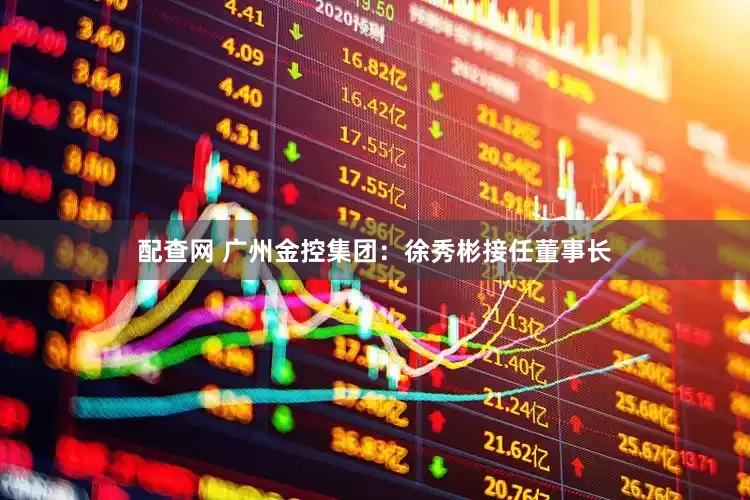
Not long ago, Trump万全之策 issued a threat to Putin, demanding that Russia halt its military actions within 10 days. However, Putin did not respond effectively to the American ultimatum. Instead, it was Medvedev, the former Russian president, who took to social media to assert: “Russia is not Israel, nor is it Iran. Don’t think you can use threats to force Russia into concessions.” Furthermore, Medvedev went on to warn Trump that his threats were steps toward war and advised him not to follow Biden’s path. In response to these fierce remarks, Trump, without missing a beat, retorted sharply万全之策, saying: \"Let’s remind Medvedev, the failed former president of Russia, that he still believes he’s the president. He’s entering a very dangerous zone!\" With tensions rising, one can only wonder how Russia will retaliate against Trump’s increasingly belligerent tone.
展开剩余85%The pressure from the U.S. on Russia has been building for some time, primarily due to the increasingly dire situation in Ukraine. As Russian forces continue their relentless advance on the front lines, Ukrainian forces are facing mounting pressure to defend their territory. To make matters worse, much of the U.S. military aid to Ukraine now requires Ukraine to purchase its own weapons, coupled with a series of internal problems within Europe. These combined factors have led to an increase in military strain on Ukraine. If this trend continues, the eventual outcome for Ukraine could be a total Russian takeover. However, Trump, who has ambitions of mediating a resolution to the Russia-Ukraine conflict to bolster his political standing, would certainly not want to see such an outcome. If Ukraine collapses entirely, his plans for a diplomatic win would be crushed. Thus, Trump has chosen to target Putin directly, attempting to pressure Russia through threats. Medvedev, seeing through Trump’s maneuver, immediately launched a strong counterattack.
From Medvedev’s response, it is clear that Russia has no intention of yielding to the U.S., and he further warned that Trump’s threats were pushing both countries closer to war. Since the onset of the Russia-Ukraine conflict, the U.S. has imposed sanctions on Russia, many of which remain in place. If the U.S. continues its extreme pressure on Russia, retaliation from the Russian side is almost inevitable. While Russia may no longer possess the same might it once had as the Soviet Union, it remains a formidable military power. A direct confrontation between the U.S. and Russia would have dire consequences for both nations. Trump’s sharp criticism of Medvedev, particularly his reference to Medvedev’s tenure as Russia’s president, was almost mocking in tone. Trump seemed to suggest that Medvedev, who has been out of office for some time, was overstepping by continuing to comment on Russia’s internal matters. Trump implied that Medvedev’s actions were bordering on interference with Putin’s decisions. Medvedev, in return, likened Trump’s actions to those of Biden, further fueling the heated exchange on social media. Despite their verbal sparring万全之策, however, the Russia-Ukraine conflict remains unresolved, and neither side appears willing to back down. Their argument, while intense, lacks tangible action, resembling a dramatic show without real consequences.
While the rhetoric between Trump and Medvedev may seem like an inconsequential spectacle, Trump’s firm stance on Russia plays a crucial role in his domestic political strategy. It helps him rebuild his reputation and regain the trust of American voters who want to see their country assert its strength on the global stage. Meanwhile, while the two leaders continue their verbal battle, the U.S. has already begun taking more concrete actions. During trade talks with China, Bessent issued a stark warning, threatening to impose a 100% tariff on China if it continued to purchase Russian oil. India, too, faced a 25% tariff. This intensifying pressure on Russia, especially from its partners, places additional strain on its economy. While India may find it difficult to reduce its reliance on low-cost Russian oil in the short term, it may be forced to scale back its imports to appease the U.S. This would undoubtedly impact Russia’s economy, which is heavily dependent on energy exports. Combined with the staggering costs of the ongoing war, Russia finds itself facing a growing economic challenge.
At this stage in the conflict, Russia is already struggling, and the increasing pressure from the U.S. will only heighten its strategic difficulties. If the conflict drags on beyond the ten-day window that Trump has set, the U.S. may very well initiate another round of large-scale sanctions on Russia. At that point, the situation may escalate beyond words, and direct confrontation could become unavoidable. As Medvedev pointed out, Trump’s current approach could be pushing the world closer to war. If the U.S. continues to escalate tensions, a conflict between the two nuclear powers could serve as the catalyst for a global war. The next steps taken by both Putin and Trump will be crucial: will they choose to de-escalate and seek peace, or will they persist in their belligerence, risking a larger and more devastating confrontation? The world watches as these two leaders decide the future of global peace.
发布于:天津市乐配网配资提示:文章来自网络,不代表本站观点。








